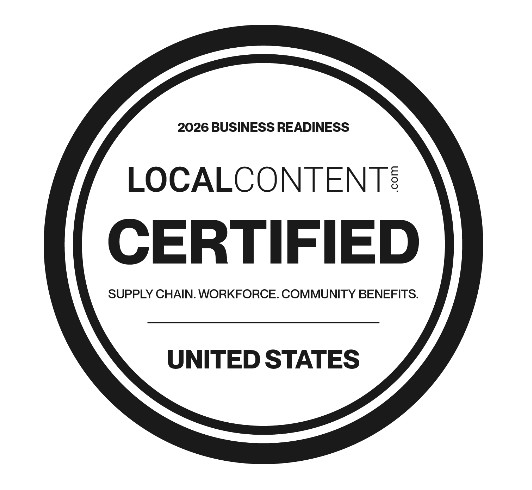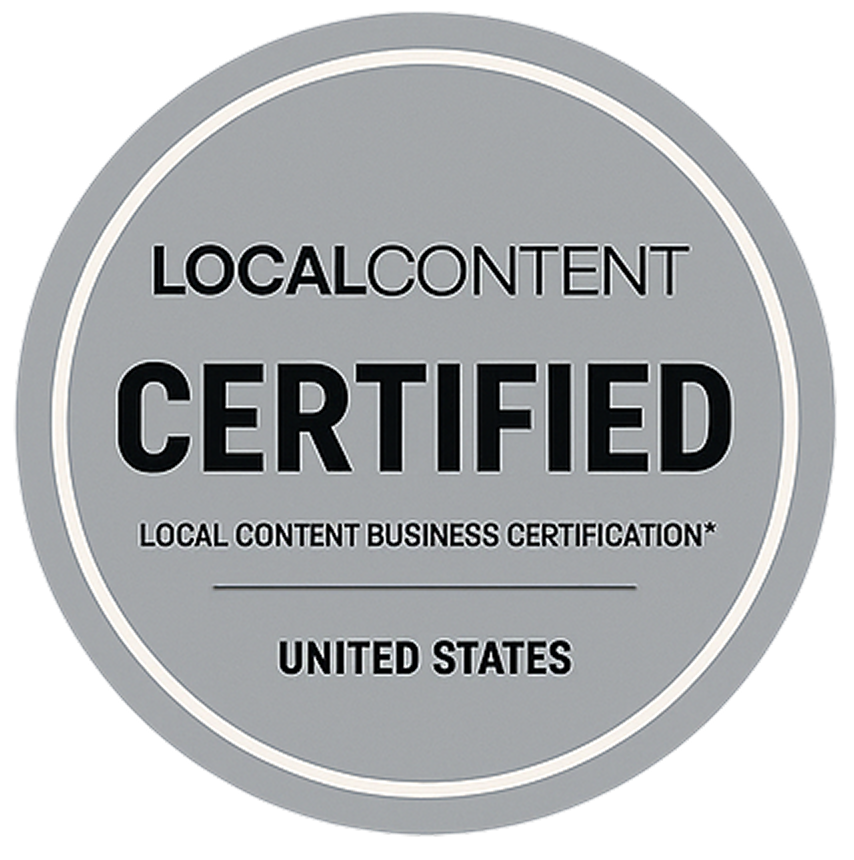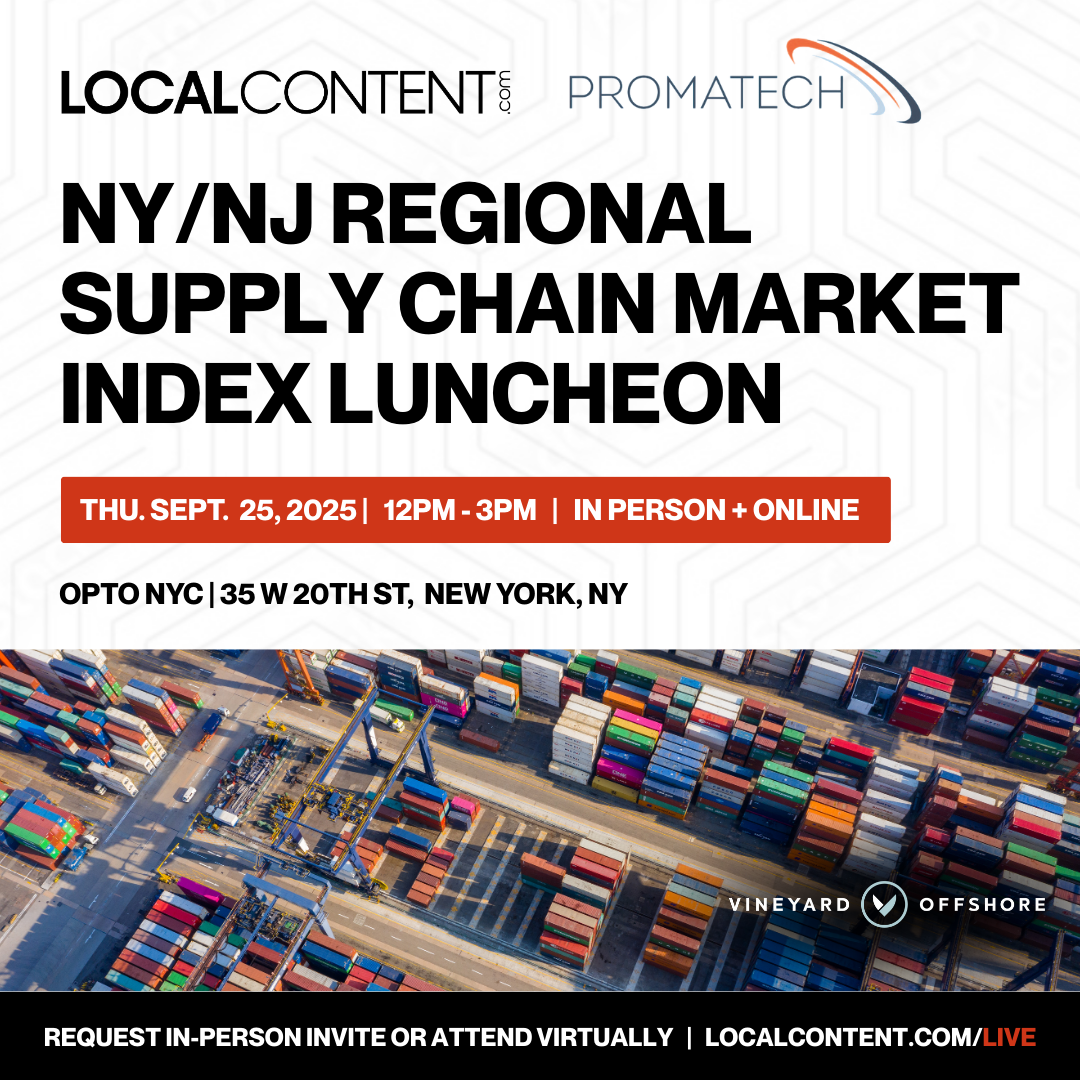A compliance and risk infrastructure that evaluates how ready your supplier, workforce, and community development practices are for contracts, grants, incentives, and project approvals.
New Local Content Readiness Score™
Get Your Local Content Readiness Score. Free, Fast, Certification-Ready
Energy + Utility
AI + Broadband
Business
Maritime + Ports
Featured Content
Supplier, workforce, and community development news, insights, and opportunities for industry, government, and communities.
View all categories
View all categories
Latest articles

Scored, rated, benchmarked, & monetized to unlock contracts, incentives with investor and public trust.
Local Content is the Next Compliance Asset Class
LocalContent.com transforms how public and private sector projects meet local and domestic content requirements—with technology, data, and certification solutions that build trust, unlock funding, and prove community value.





.jpg)

.jpg)
.png)







.png)









